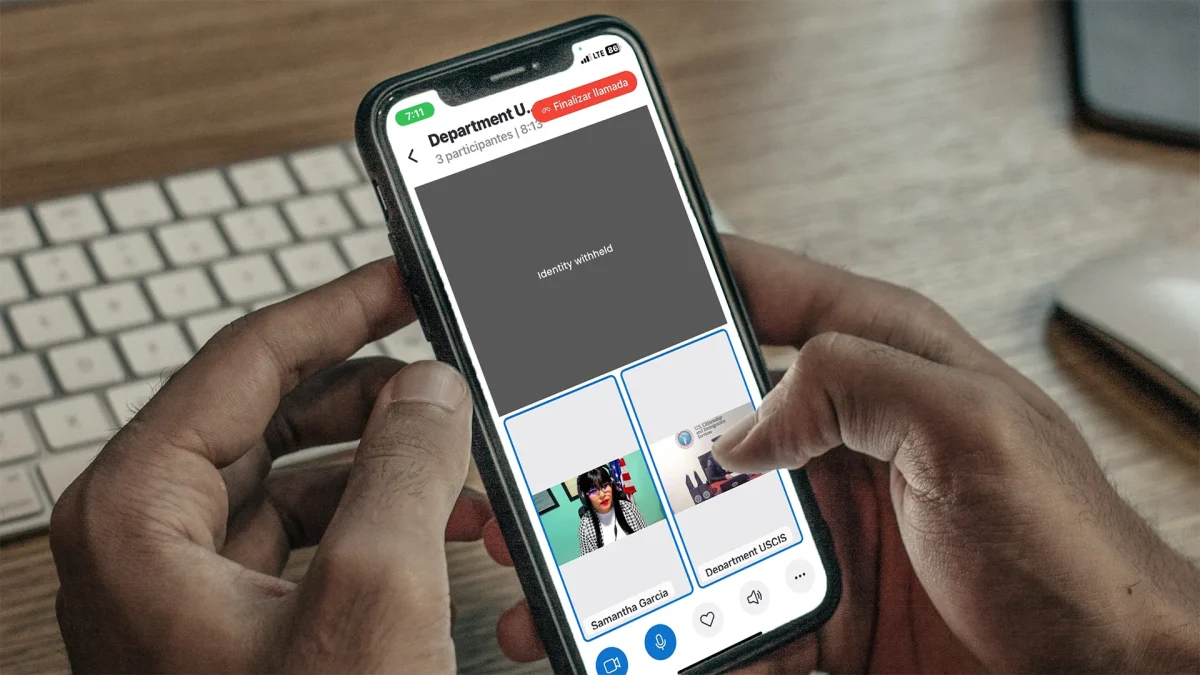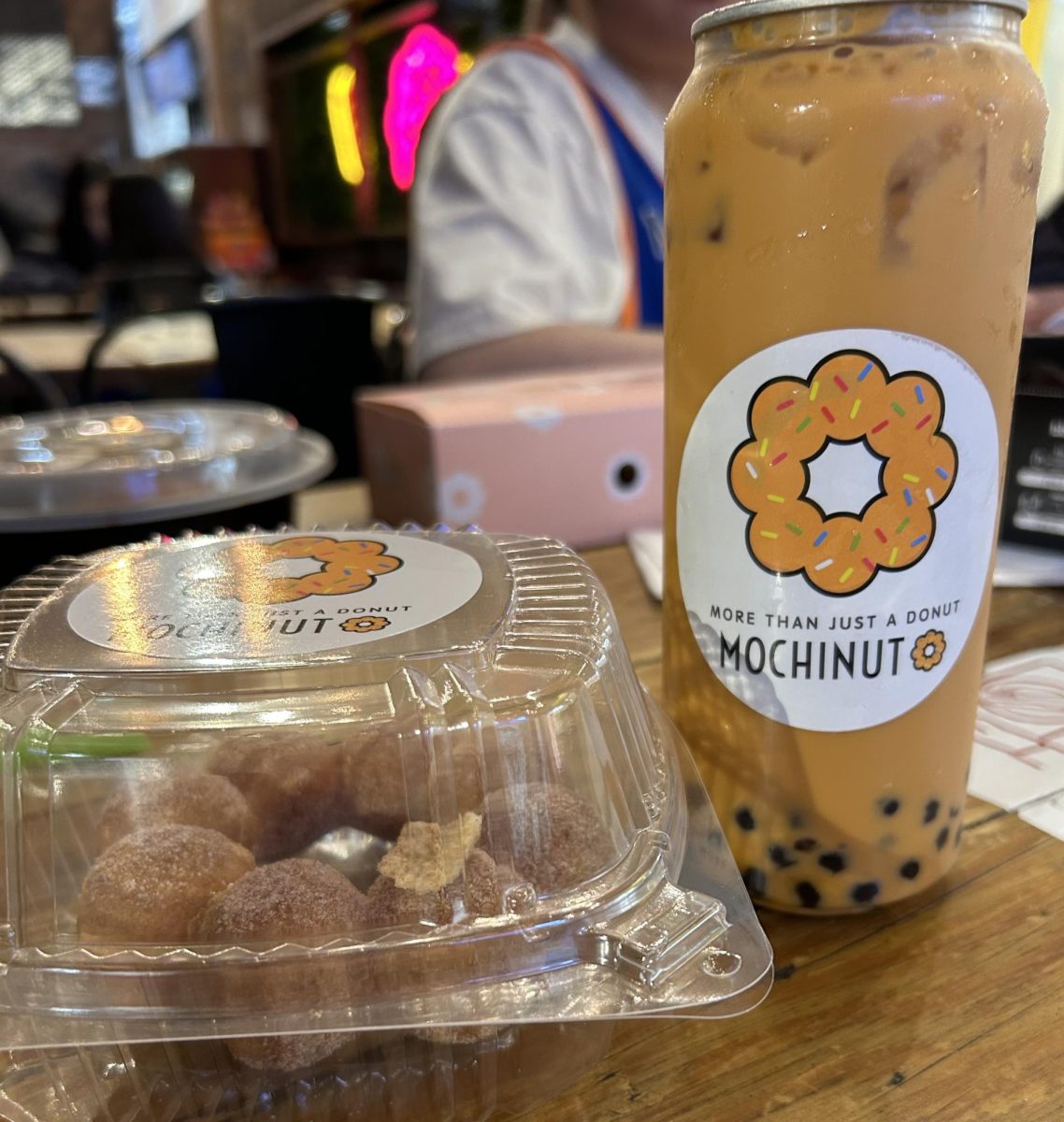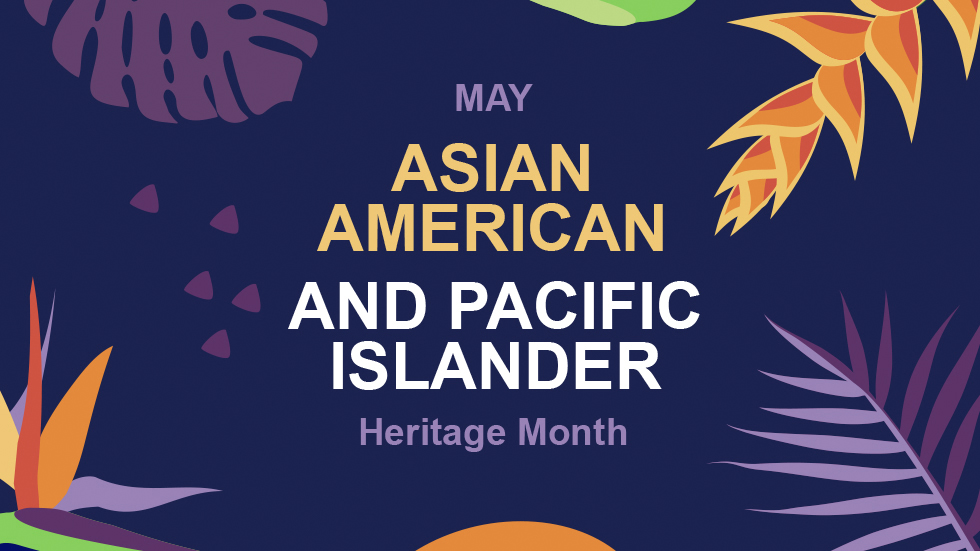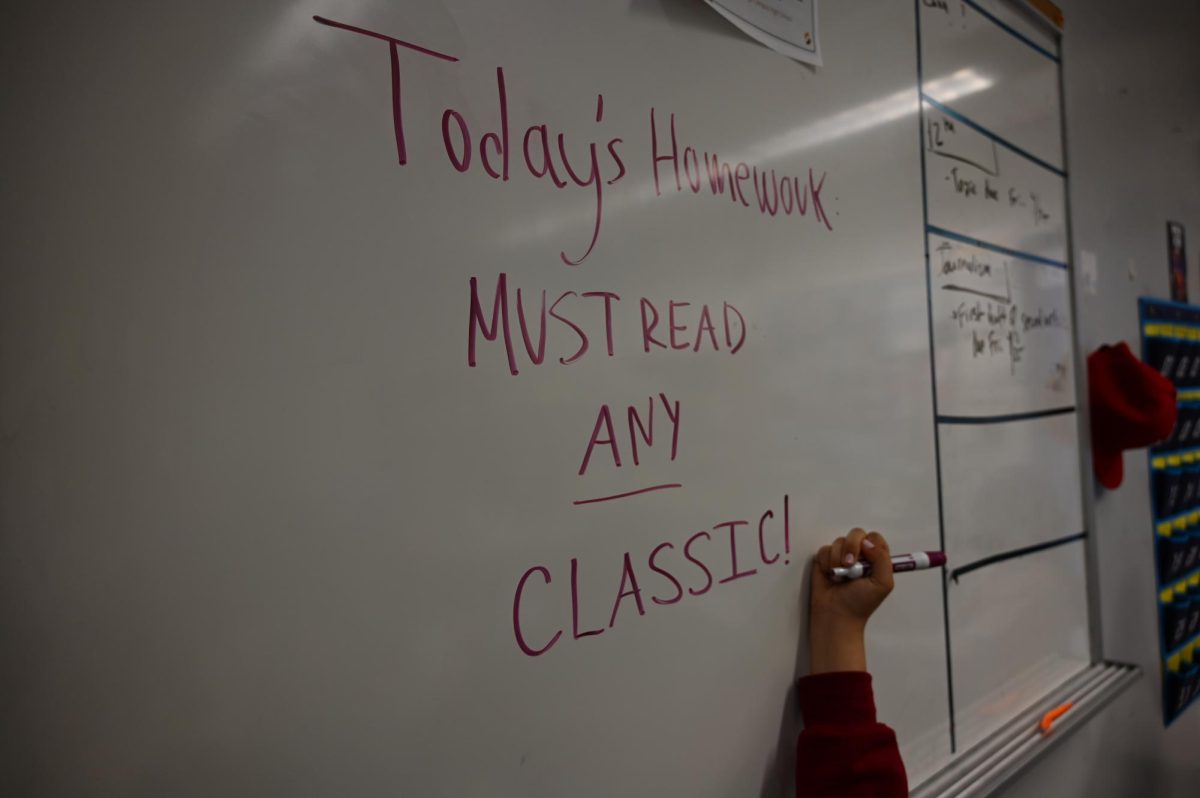Pass Me The Aux: Music Across Generations

April 18, 2023
As a self proclaimed “music fanatic”, I pride myself on having a wide knowledge of music across all genres and eras. From 70s classic rock – also known as “dad music” – and 80s new wave to modern pop and indie and everything in between. My playlist titled “i should have been born in the 70s” is filled with Pink Floyd, Led Zeppelin, Lynyrd Skynyrd, Elton John, and Supertramp. My playlist “hell is a teenager girl”, on the other hand, is mostly Taylor Swift, Lana Del Rey, Miley Cyrus, and Lorde.
So, Is there a clear winner in the debate of which era of music is better– or do they both stand alone in their own artistic merit?
First things first, I’m not here to say that I hate mainstream music. I am a die hard Taylor Swift fan and have been known to splurge on Harry Styles concert tickets. And I will admit, it took me a while before I was able to genuinely appreciate an eight minute guitar solo. In long car rides I used to relentlessly beg my mom to turn off songs that I now know by heart.
Pop culture is ever changing and the music industry is no exception. Somewhere along the way, what we consider “good” music completely changed. If you showed someone at Woodstock a Cardi B music video, I’m sure they would begin to question the future of music.
It’s not only that music has changed, but it’s the rapid pace at which music has changed. In the last 60 or so years, music has done a complete 180 from lengthy guitar solos to synths and artificially produced instruments.
Our teachers have witnessed a massive change in music since they were high schoolers. So what do they think about this new era of music? Do they find value in it? Or are they loyal to the sounds of their teenage years?
Jocelyn Forman, a math teacher, calls attention to how it’s not only music itself that has changed, but the way that we listen to and consume music. During our conversation, Ms. Forman brought up a tradition at her high school where people used to burn a CD for their peers as a gift. She recalled how there used to be more intention involved when choosing the music that we listen to. She said that we used to have “physical copies, or if you wanted a song you’d have to buy it for $1.99 on iTunes.”
Ms. Forman says that she is partial to the music of her teenage years, and she doesn’t tend to broaden her musical horizons. She has noticed that the era of streaming services has caused people to have very similar tastes in music because it is very easy to find smaller indie artists.
Stella Scarozza, a senior, is wearing a Pink Floyd shirt. To examine the generational gap in music, I had to ask if she knew any of their songs. She looked disappointed in herself as she had to say that although she knew them, she wasn’t a fan, and she just liked the shirt. However, she went on to defend herself in saying that she does listen to older music and especially loves songs like “Silver Springs” by Fleetwood Mac.
Another senior, Zana Halili, is wearing a shirt for the band The Strokes. When I asked about her shirt, she immediately started telling me the story of The Strokes being her first concert on her 17th birthday. I could see her eyes light up. From that point on, I knew there was no point in asking her if she could name a couple of their songs because I was almost entirely sure that she would begin listing off every song they’ve ever released.
So, as I’ve been running around school interrogating people on their music tastes, I’ve begun to realize that while some people enjoy venturing outside of their musical comfort zones and exposing themselves to older music, others are stickers and remain loyal to the music and artists that they feel comfortable with.
Some older music has persevered through the era of modern rap and pop. But what differentiates the music that has stuck around from the music that has been forgotten? And this begs the question: what music from today will still be listened to by future generations?












